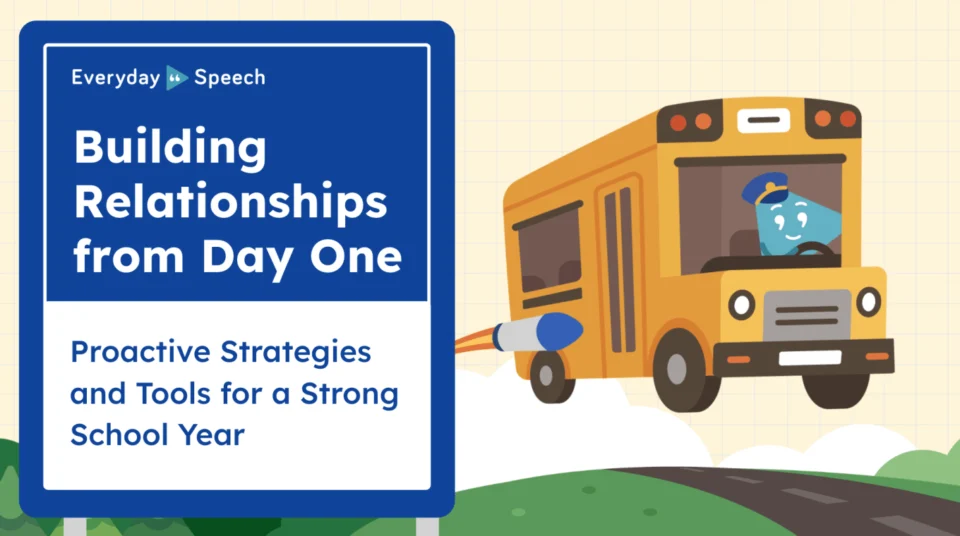Effective IEP Goals for Respecting Others’ Opinions: Fostering Respectful Communication
Get free social skills materials
No-prep lessons on self-regulation, emotional recognition, conversation skills, and more.
Sign up hereDownload 50+ Example IEP Goals
Customizable library of strengths-based goals
Introduction
In special education, it is crucial to help students develop essential life skills, such as respecting others’ opinions. Developing this target skill not only enhances learning but also fosters positive social interactions and overall wellbeing.
Understanding the Target Skill: Respecting Others’ Opinions
Respecting others’ opinions is a vital skill that enables students to engage in healthy communication and develop emotional resilience. It involves active listening, not interrupting, and sharing one’s thoughts using kind and helpful language. By practicing this skill, students learn to maintain respectful relationships with their peers, teachers, and family members, even when disagreements arise.
The Role of Specialists
Various specialists can support students in developing the target skill:
- Speech-Language Pathologists: They can teach students effective communication strategies, such as active listening and using appropriate tone of voice.
- Social Workers: They can help students understand the importance of respecting others and provide guidance on managing emotions during disagreements.
- Psychologists: They can offer insights into the cognitive aspects of respecting others’ opinions and provide strategies for overcoming obstacles to respectful communication.
- School Counselors: They can facilitate group activities that promote the target skill and help students apply it in various social settings.
IEP Goals for Respecting Others’ Opinions
Here are some SMART IEP goals to promote the target skill in students:
- Goal: The student will demonstrate active listening skills during class discussions and small group activities by maintaining eye contact and not interrupting others for a period of 4 weeks.
Strategies/Activities: Role-playing, modeling active listening, and practicing nonverbal communication cues.
- Goal: The student will use kind and helpful language when expressing their opinion or disagreeing with others in 9 out of 10 observed instances over a 6-week period.
Strategies/Activities: Providing sentence starters, teaching assertive communication strategies, and offering positive reinforcement.
- Goal: The student will maintain a respectful tone of voice during disagreements or conflicts in 8 out of 10 observed instances over a 6-week period.
Strategies/Activities: Practicing emotional regulation techniques, engaging in role-playing scenarios, and discussing the impact of tone on communication.
Implementing and Measuring Progress
To effectively implement these IEP goals and measure progress:
- Collaborate with specialists to develop tailored strategies for each student.
- Monitor student progress through observation, data collection, and feedback from teachers and specialists.
- Adjust goals and strategies as needed based on student progress and individual needs.
Conclusion
Developing and implementing effective IEP goals for respecting others’ opinions fosters healthy communication and emotional resilience in elementary students. By collaborating with specialists and monitoring progress, educators can help students cultivate this essential life skill. To explore more resources, visit the Everyday Speech Sample Materials page.


